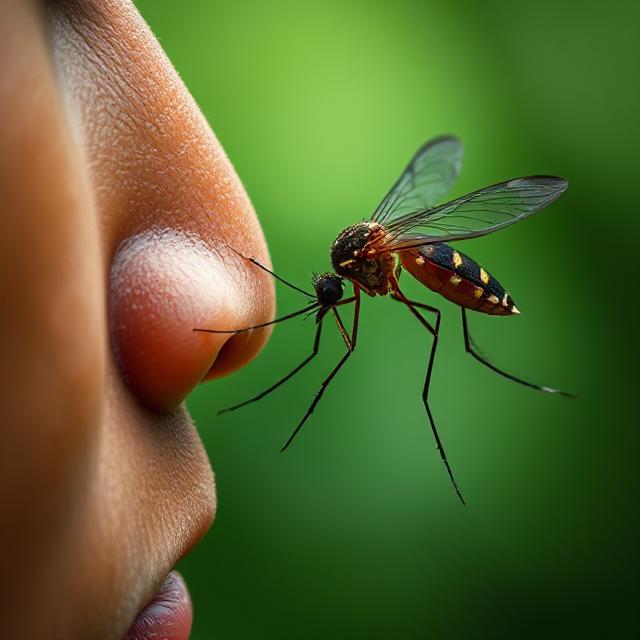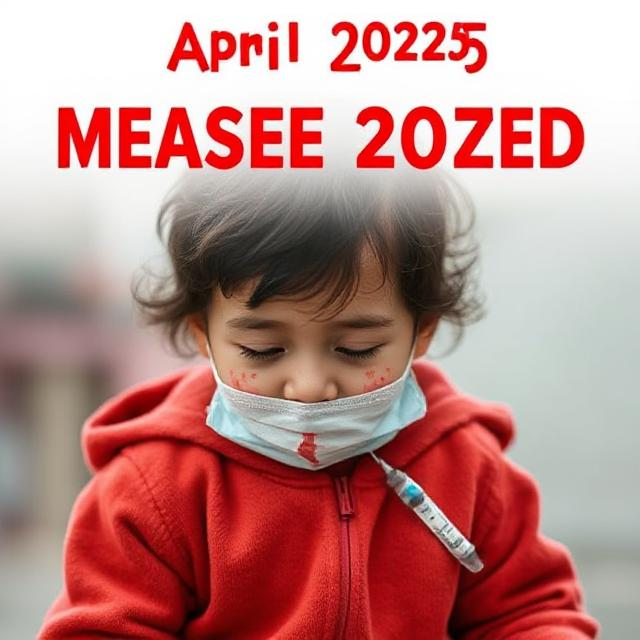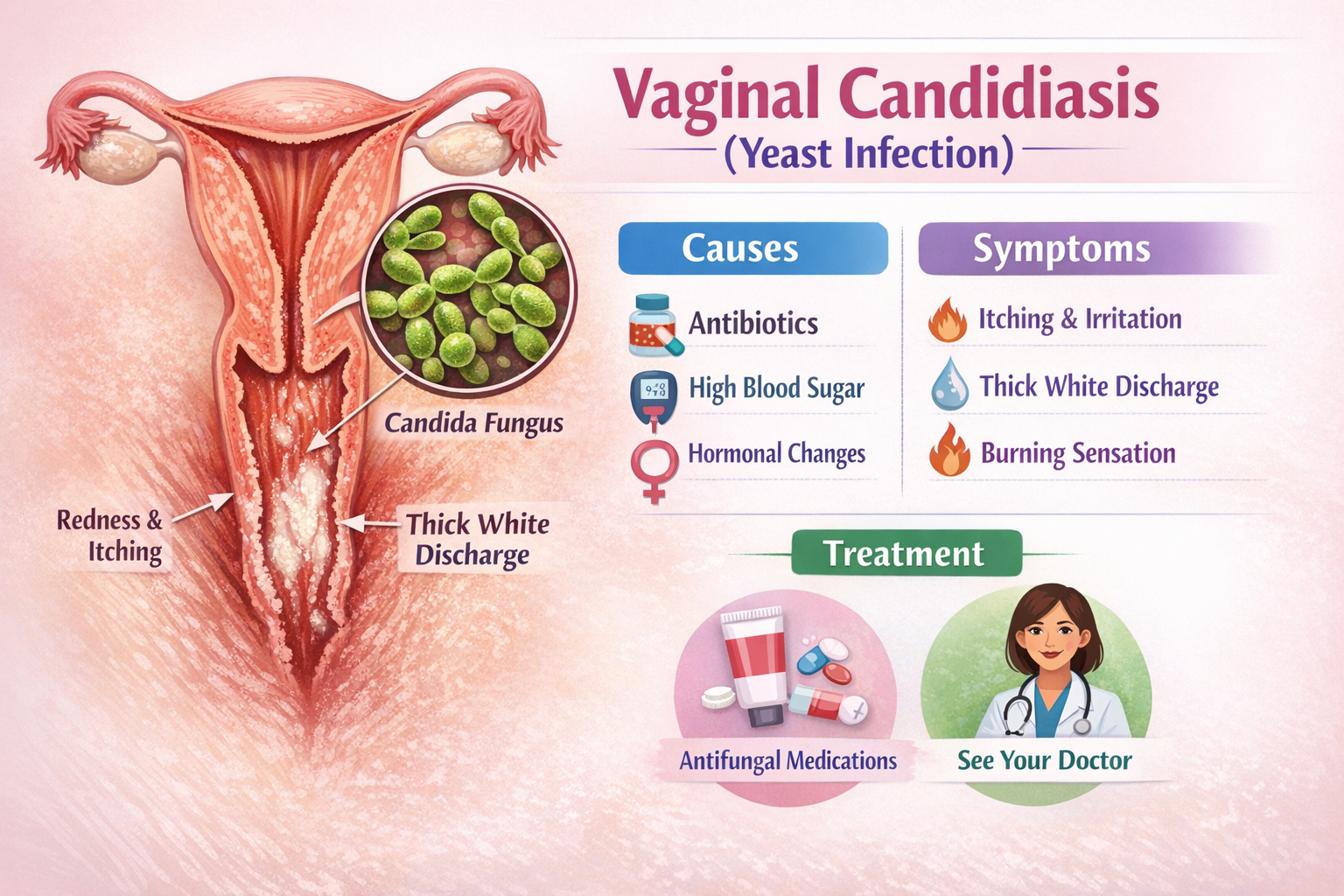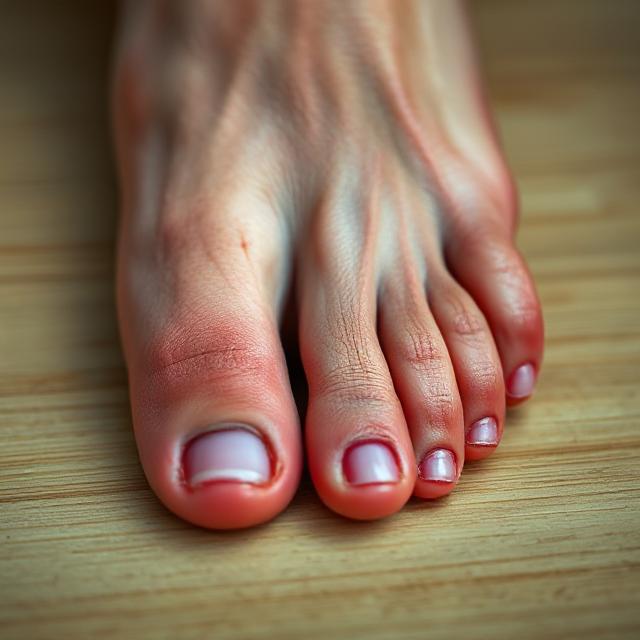Malaria is a life-threatening disease caused by parasites transmitted to humans through the bites of infected female Anopheles mosquitoes. Despite being preventable and curable, malaria continues to affect millions of people worldwide, especially in tropical and subtropical regions. Early diagnosis and treatment are crucial to avoiding complications and death.
What Causes Malaria?
Malaria is caused by Plasmodium parasites. There are five species of Plasmodium known to infect humans:
- Plasmodium falciparum – most deadly and common in Africa
- Plasmodium vivax – more prevalent in Asia and Latin America
- Plasmodium ovale
- Plasmodium malariae
- Plasmodium knowlesi – a zoonotic parasite found in Southeast Asia
Transmission occurs when an infected mosquito bites a person, injecting the parasite into their bloodstream.
⚠️ Common Symptoms of Malaria
Symptoms typically appear 10–15 days after the mosquito bite, but may take longer depending on the parasite type. Common signs include:
- High-grade fever and chills (often in cycles)
- Sweating
- Headache
- Fatigue and body aches
- Nausea, vomiting, or diarrhea
- Anemia
- Jaundice (yellowing of the skin and eyes) in severe cases
If untreated, malaria can lead to serious complications like cerebral malaria, organ failure, or even death.
🔬 How Is Malaria Diagnosed?
Early diagnosis is critical. The following methods are commonly used:
- Microscopic examination of blood smears (Gold standard)
- Rapid diagnostic tests (RDTs) to detect malaria antigens
- PCR tests in specialized labs to identify the parasite species
People living in or traveling to malaria-endemic regions should seek immediate medical attention if symptoms appear.
💊 Treatment Options for Malaria
Treatment depends on the species of parasite, the severity of the disease, and the patient’s age and condition (e.g., pregnancy).
- Uncomplicated malaria: Treated with oral artemisinin-based combination therapies (ACTs) like artemether-lumefantrine.
- Severe malaria: Requires hospitalization and intravenous treatment with drugs like artesunate.
- Relapsing infections (from P. vivax and P. ovale): May need primaquine to kill liver-stage parasites.
Self-medication is dangerous and should be avoided.
🛡️ How to Prevent Malaria?
Prevention focuses on avoiding mosquito bites and prophylactic medications for travelers:
Personal Protection:
- Use insecticide-treated bed nets (ITNs)
- Wear long sleeves and pants, especially at night
- Apply mosquito repellents containing DEET
- Sleep in screened or air-conditioned rooms
Environmental Control:
- Eliminate standing water where mosquitoes breed
- Spray insecticides in homes and surroundings
Medications:
- Antimalarial prophylaxis (e.g., doxycycline, atovaquone-proguanil) is recommended for travelers visiting endemic areas.
🌍 Global and Regional Impact
According to the World Health Organization (WHO), malaria caused an estimated 249 million cases and 608,000 deaths in 2022 globally. Africa bears over 90% of the global malaria burden.
In countries like Pakistan, malaria is a significant public health issue, particularly after floods and during monsoon seasons. National efforts are ongoing to eradicate the disease.
🧠 Final Thoughts
Malaria is preventable, diagnosable, and curable – but only with awareness, timely action, and public health interventions. If you live in or are traveling to a malaria-prone area, be vigilant about prevention and seek medical care promptly if symptoms arise.




